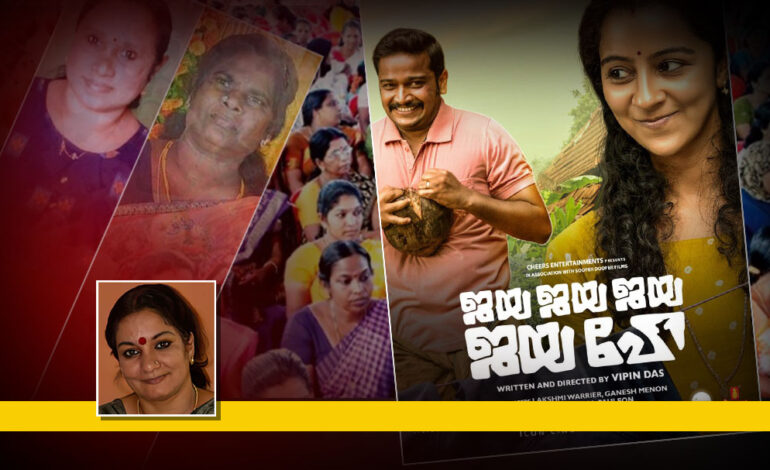
2022 was another year that bore testimony to the fact that when it comes to matters of gender inequality and gender violence in the everyday, Kerala had yet another innings at not daring to dream of change, but of buttressing social inertia with studied reluctance and privileged insolence, in order that nothing would upset its staid and conservative mores or topple the apple carts of its benevolent patriarchy. Of course, feminists or ‘feminichies’, as they are ‘lovingly’ called had another year of vociferous debates, critically and rigorously engaging with many of the events that unfolded in the social milieu, even while issues like the sexual harassment case against Civic Chandran brought to the fore ideological faultlines that divided the camp and created acrimonious and sometimes vitriolic debates. The reluctance to see that feminisms is also about multiplicity, difference, and ‘differance’, that each reaction to an oppression need not run the same course as any other, and the insistence that one’s feminist credo was the one and truly “correct” one led to a fair amount of heartburn and divisiveness that challenged sorely needed feminist solidarities.
The human sacrifice of two women, their bodies cut to pieces and buried after gory rituals, which shocked the conscience of Kerala’s public sphere, nevertheless brought to the fore the pernicious conservatism and superstition ridden underbelly that hides in and haunts its literate surface and civil society engagements. Kerala’s endogamous big fat weddings that legitimise dowry, while diligently stabilising caste and class and conservative religious mores belie its much-touted renaissance values. The Supreme Court judgement on women’s entry into Sabarimala and the ensuing menstrual debates and feminist activism that created a huge neo-conservative backlash testify to the half-baked project of Kerala’s modernity and the false bravado of its enlightenment project while busting the myth and mystique around its gender investments. Yet, women are coming out, as never before in Kerala, to question its benevolent patriarchy, to claim spaces in its emergent digital public spheres, muddying male logic and its mansplaining practices with multiple kinds of online and digital women-speak. Young women have begun challenging the overarching burden of carrying mainstream definitions of feminism, bringing their own lived experiences and their individual resistances to chart their journeys of everyday resistance. That said, gender migration from Kerala seems on the rise, many young women and sexual minorities choosing to run away from the unbearable oppression of its mundane conservatism.

Kerala’s journey on its exemplary trangender policy, along with iconoclastic moves for gender reforms such as transgender reservation, while continuing to be ridden by pitfalls and issues, often revealing the yawning gap between the cup and the lip, nevertheless saw the year offering an ‘Idam’ or space to sexual minorities, making many general hospitals in the state transgender friendly. The novel drive for ‘gender-neutral’ (unisex would have been more appropriate) uniforms in the state, was caught up in the problematics of the nomenclature, with the government backing away hastily after conservative religious outfits expressed their moral outrage at the move. Once again orthodoxy and reactionaryism would triumph over politics and perception, even as forlorn civil society protests would be bulldozed under the sheer mass power of the moral majority vote bank. Kerala’s higher education portals have ambitious syllabi on ‘Gender and Sexuality’ and ‘Queer Studies’, leaving many wondering as to what the sum and substance of student takeaway from these classes in a society would be, where the fact that gender is a spectrum and not a binary seems to have been the least of intellectual or social concerns.
Yet, hope bloomed sometimes in mass dream machines. Kerala’s most potent schools of misogyny have been its popular culture industry. After the success of the Great Indian Kitchen which offered a sneak peak into rotting mess of Malayali kitchens, films like Jaya Jaya Jaya Jaya Hey, while having many inherent ideological issues at its core, had audiences cheering when the female protagonist, a wife at that, beat the male hero husband to pulp. Long have been the years when Malayalam Cinema had audiences, both men and women, burst into applause as one superstar after another mouthed crassly misogynist dialogues or slapped heroines into coy submission, awakening them to new forms of feminine bliss. That spectatorial pleasures had changed, and the spectacles of colossal male machodom were coming undone at the seams, yielded fresh hopes for the future, both for Malayalam Cinema and the viewing public.
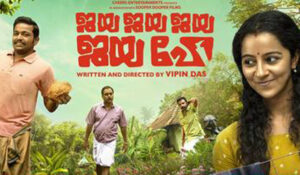
2022’s mixed bag of gender equality for women Kerala, its violence and gaps exacerbated by the pandemic, nevertheless holds the promise of a new dawn. A dawn that will hopefully exorcise the new age shadow pandemic induced by the age old and deadly virus of patriarchy, one for which a new generation of ‘she, he and they’ will strive to invent more potent vaccines.
Link to Prof. Meena T Pillai’s Book
Subscribe to our channels on YouTube & WhatsApp


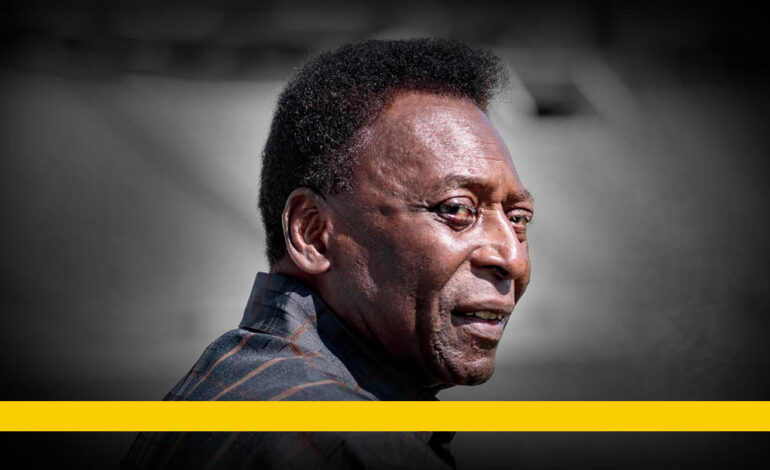
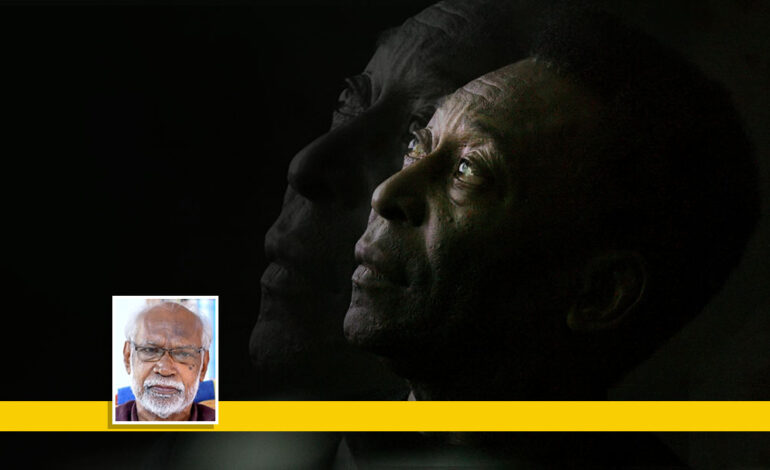

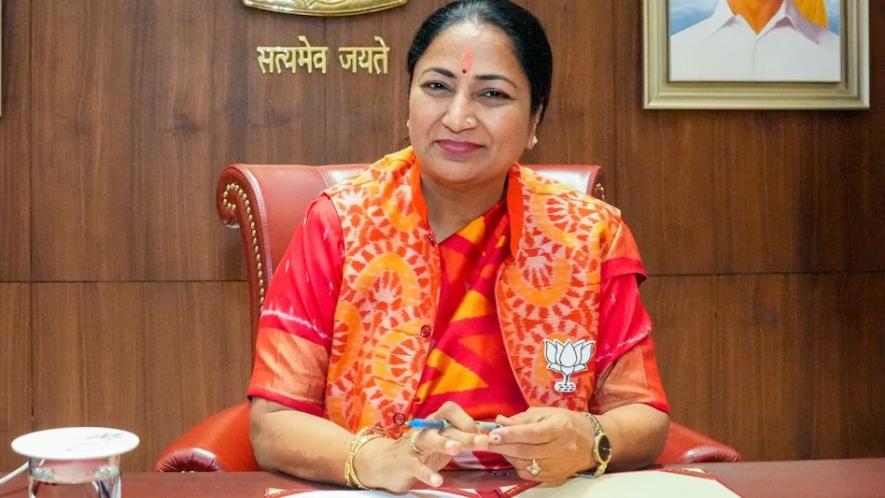
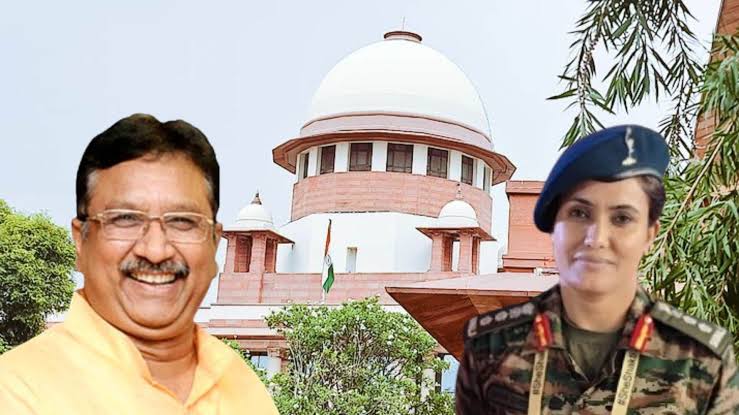
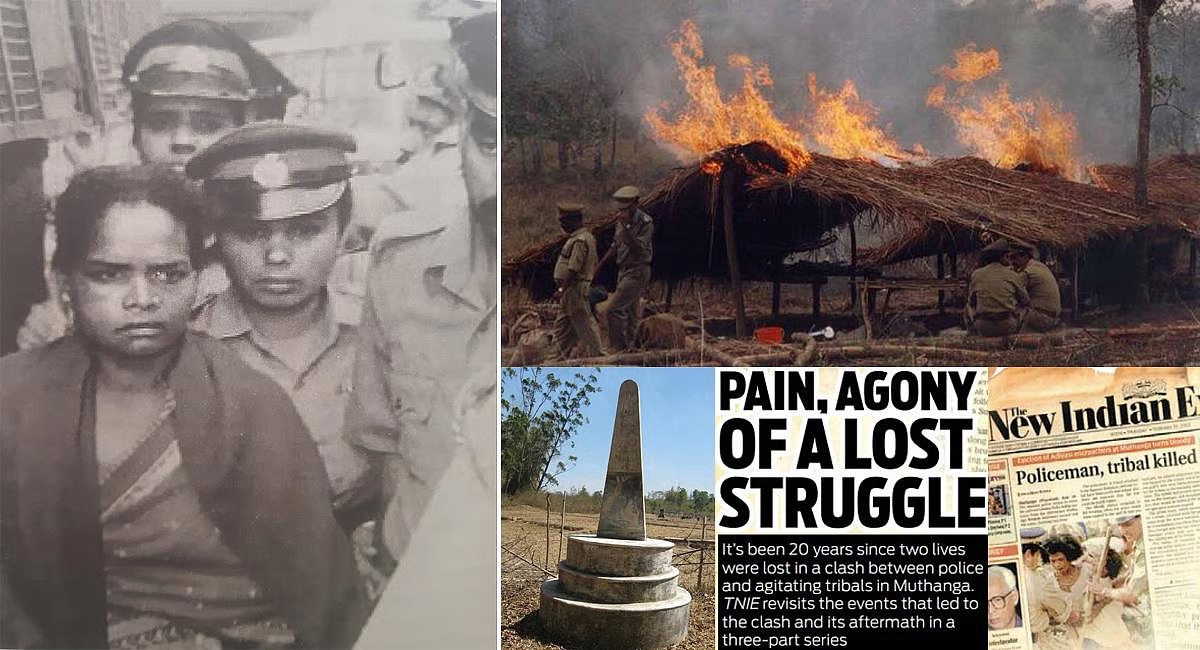




Very lucid perspective , brings out the dichotomy one gets to see in Kerala society on gender issues . Wish Proffessor Pillai would write a detailed analysis of the gender situation as it exists in India at the moment .
This perspective is indeed very insightful. The way women are portrayed have changed a lot whether it be in movies , literary pieces or even in real life. It is indeed a good beginning but the incidents which we are forced to reckon with even in this so called post modern age is deeply concerning. We as a society claim to move forward on aspects yet prefer to keep quiet on gender issues and sexual rights. It was not soo back when India gained rights like 377 or the transgender rights but even today women and other sections of the society are often treated with no care. This analysis is indeed very observative.thank you